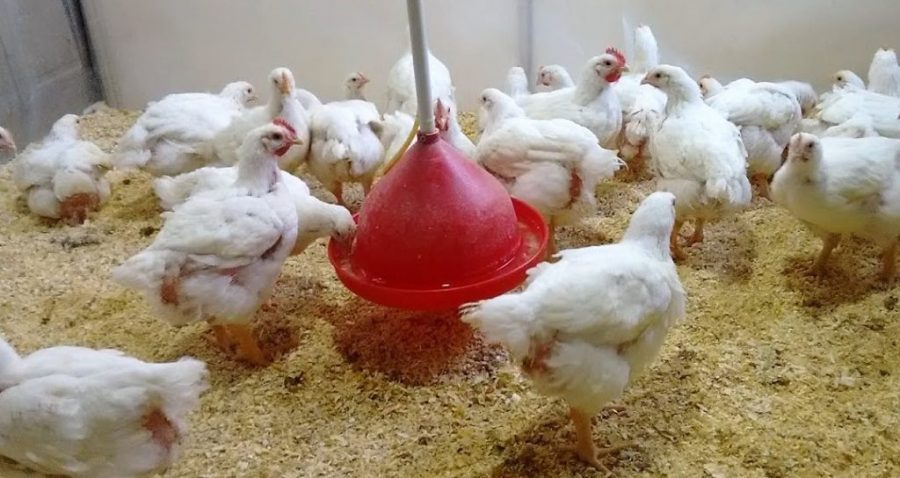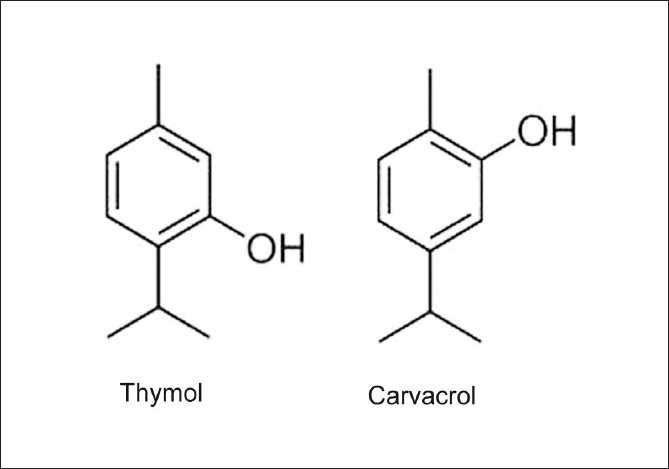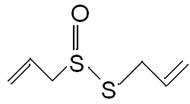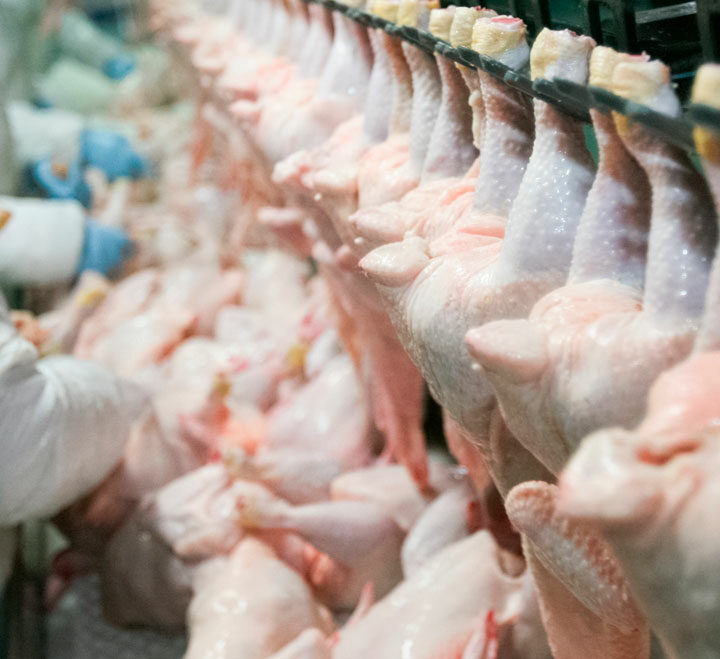
Minervet SA with UNCUYO conducts a new test in its Poultry Experimental Farm
2 de May de 2018
Minervet SA and ZURICH INTERNATIONAL signed safety labor agreement
15 de May de 2018The use of natural products as an alternative to drugs is marking a clear trend in animal production. A large sector of the population is aware of the damage caused by the excessive use of drugs and their transfer to humans through the consumption of waste meat.
It is time to return to the natural, innocuous and healthy for our production animals and their consumers.
Vegetables of common knowledge present beneficial actions for physiology and can be incorporated in rations to counteract the action of bacterial or fungal pathogens, improve endogenous processes and reduce the use of drugs.
A component of great importance present in the essential oils is carvacrol or 2-methyl-5-1- (1-methylethyl) phenol. This phenolic compound with high hydrophobic power has specific action on bacteria with inhibitory action of growth; It is able to disintegrate the outer membrane of Gram-negative bacteria, allowing the release of lipopolysaccharides and increasing the permeability of the cytoplasmic membrane (Lambert et al., 2001).
Its action against Bacillus cereus has been demonstrated causing destabilization of the membrane with increased fluidity, permeability and ion leakage from the cytoplasm.
Another important phenolic compound is thymol or 2-isopropyl-5-methylphenol. Its chemical structure is similar to that of carvacrol but with different location of hydroxyl group.
Thymol changes the permeability of the membrane of the microbial cell, allowing chemical constituents such as ATP, nucleic acids and amino acids to filter out, which are essential for the metabolism of the bacteria.
It is also known the capacity of inhibition of the processes that determine the transition from spore to cell affecting germination, growth and cell multiplication.
A third active compound of great importance present in nature is allicin or S-allyl-2-propentiosulfinate, a sulfur-containing compound with a broad spectrum of antimicrobial activity against Gram-negative and Gram-positive bacteria of the Escherichia coli, Salmonella, Staphylococcus, Kelbsiella, Bacillus, Proteus among others.
Antimicrobial action is given by the modification of lipid biosynthesis and RNA synthesis of the microorganism reducing the lipid profile of these.
Allicin generates a chemical reaction on the thiol groups of different enzymes, affecting the metabolism.
These active ingredients that are present in plants such as oregano, thyme and garlic allow their use as additives with natural antimicrobial action in mixture with animal feed. In addition, they have other important functions that are not discussed in this article.
They allow its application in a homogeneous mixture with feed for animal use, resulting in effective natural control against microorganisms present in livestock farms. Its application through the food allows then to reduce the pathogenic microbial load present in the digestive tract, favoring the colonization of normal flora, the absorption of nutrients and promoting growth.





